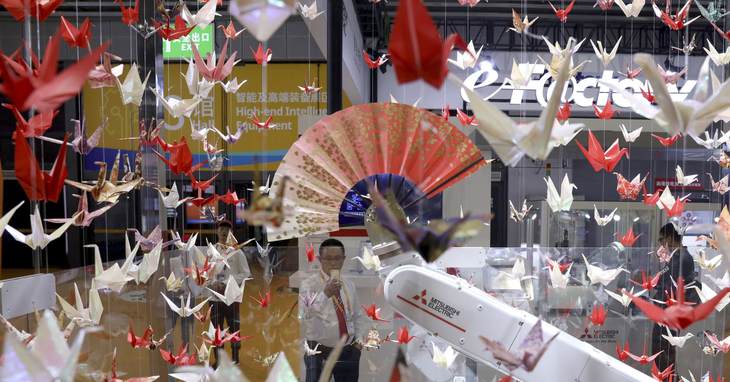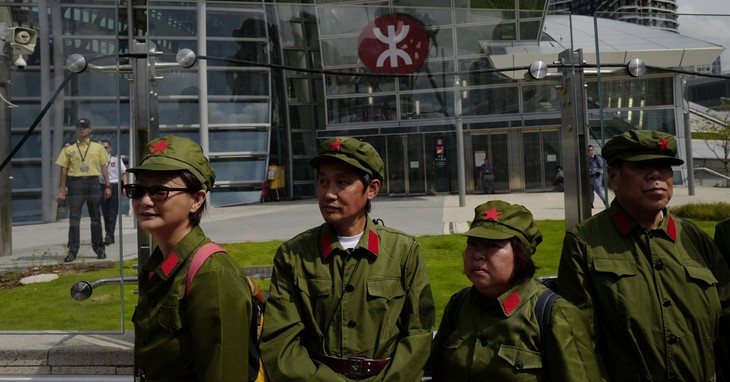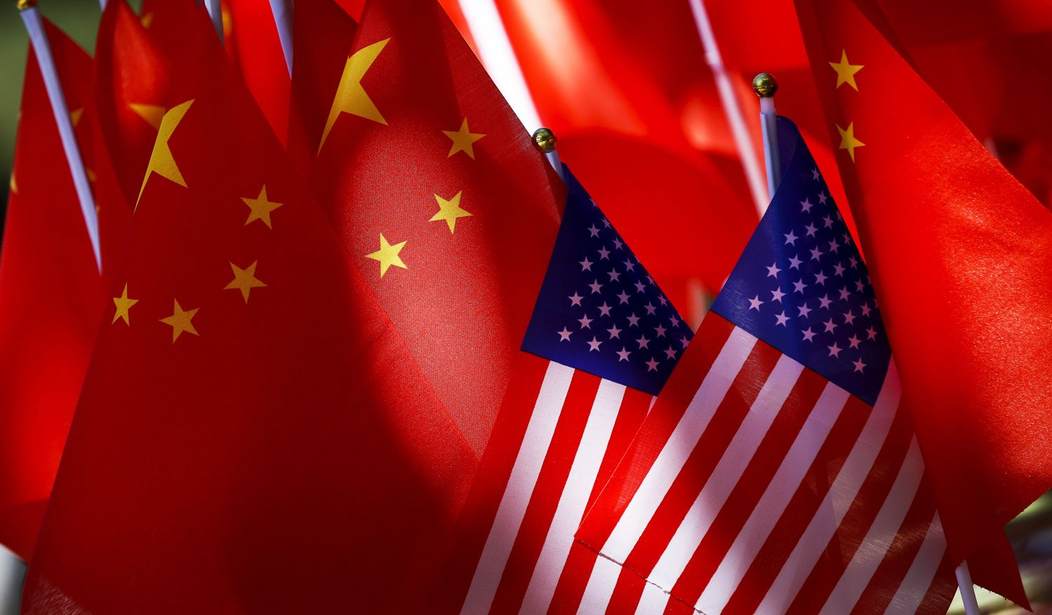A massive film production is making tremendous profits — and making Hollywood nervous.
The movie has all the elements of your typical blockbuster. A massive, effects-laden feel-good epic with a large budget, released on the holidays. It packed theaters with heroic imagery and a jingoistic message to appeal to the masses. It had a truly impressive opening weekend north of $200 million and should be the top-earning film of the year.
There is one difference from your usual studio tentpole production; it is not showing on any US theater screens.
“The Battle at Lake Changjin” is a Chinese production that is showing strictly on the mainland, it is assured to go on to become the year’s global box office winner. Despite US theaters being mostly back to full operations, there are still some stumbling blocks to the country returning to full theater activity. That is not to say that there have not been successes here in North America, but we have not seen a return of the expected masses.
There have been bonafide hits this year, but to date, no film has opened over $100 million. “Venom: Let There Be Carnage” saw a robust $91 million debut. But in China things are not only different, they are booming. Certainly, there is some perspective needed, as the Chinese motion picture industry differs in many ways from Hollywood, but at the same time, there is much worthy of notice — and concern.
Hollywood, and the global box office market in general, are still feeling effects from the pandemic. It remains in question — more likely in doubt — if any Hollywood title this year will break the $1 billion barrier in worldwide gross sales. For a sense of balance, in pre-pandemic 2019 Nine movies cleared that monetary plateau. Also, Chinese films rarely play with any real significance in foreign markets, with none cresting the $1 billion bar.

“The Battle at Lake Changjin” will not likely approach that mark either, however, there is a notable figure to watch for; it is expected to leg out somewhere close to $850 million, or so, meaning it can challenge for the all-time Chinese box office record. That would also place it right where “Avengers Endgame” finished with its domestic run. This is a serious return and made all the more so that it stands as the second huge hit of the year for that country. The comedy “Hi, Mom,” released in February, ended with $850 million in box office grosses. There is a solid chance that the top two highest-earning movies globally could be Chinese releases. This is not an insignificant achievement, albeit one with a viral asterisk.
One other factor that should be shaming Hollywood is the content of the film. Hollywood would never be permitted to make such a film. “Lake Changjin” is a three-hour war piece made with three different directors and set in the Korean conflict of 1951. It features the Chinese military in a glowing display, defeating the United Nations military command headed by the US military. If US studios dared to make a film portraying the Chinese in this fashion not only would the film never be shown in China, it is likely the studio would be shut out of the marketplace for future releases, as well.
This is the nature of the Chi-com film commission, as the central government controls the movie industry and has full approval over what can be shown in theaters on the mainland. They not only limit the number of Hollywood releases per year but they control the content as well. Hollywood, in order to have access to a lucrative film marketplace, submits its product to be censored as the Chi-Coms see fit, something unthinkable about a generation ago.
There are stories of Hollywood releases with odd editing choices to appease the communist leadership. “Ironman 3” had to change the name of the villain The Mandarin. In one “Pirates of the Caribbean,” any buccaneers of Asian extraction had to be excised from the film. For “Mission Impossible 3,” which had plotlines involving Shanghai, one chase scene had to be edited down when it was flagged by the Chinese censors. Tom Cruise was running past an apartment complex that had clothes drying outside; the Chi-Coms did not want the world to know many residents cannot afford major appliances.

There are serious issues at play over this willingness to self-censor. It means more than just currying favor to gain access to a flush film market. Most studios are part of global conglomerates; offend the Chinese leadership with improper content and the reprisals can be harsher than your film not showing. The parent company could see restrictions in the other industries where they do business, thus studios are instructed to bow to the Chi-Com mandates.
So, here we have China raking in some monster cinema dollars in a film that depicts military dominance of the U.S. It means that the Chi-Coms can defeat us both onscreen and at the box office this year. As troubling as this might be for studios to reckon with, the problem is compounded by a harsh reality — they are doing so with film content that Hollywood is forbidden from making and just as likely being made with skills learned from Hollywood partnerships. We are aiding them with their agitprop while muting ourselves in the process.














Join the conversation as a VIP Member